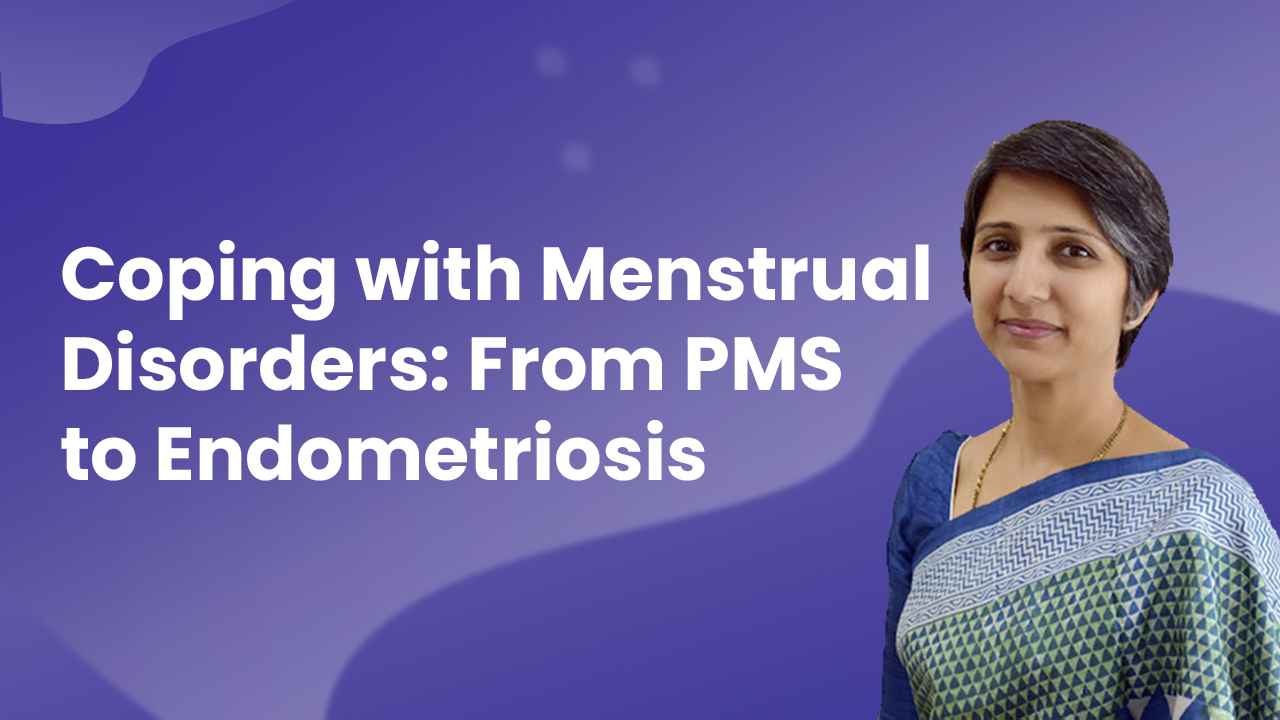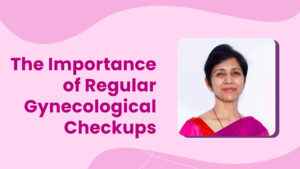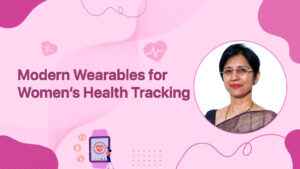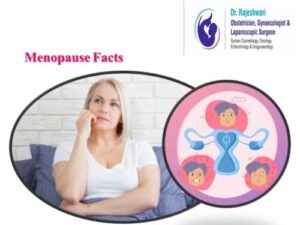Managing menstrual disorders such as premenstrual syndrome (PMS) and endometriosis requires a comprehensive approach that combines understanding, support, and effective strategies for holistic care. Here’s a structured guide to help you navigate these challenges and empower yourself through informed choices:
Understanding Menstrual Disorders
Premenstrual Syndrome (PMS):
- Symptoms: Mood swings, irritability, bloating, breast tenderness, and fatigue occurring before menstruation.
- Management: Lifestyle adjustments (diet, exercise, stress management), medications (pain relievers, hormonal treatments), and emotional support.
Endometriosis:
- Symptoms: Chronic pelvic pain, heavy menstrual bleeding, pain during intercourse, and potential fertility issues.
- Management: Pain management (NSAIDs), hormonal therapies (birth control pills, hormone therapy), surgical interventions (laparoscopy), and lifestyle modifications.
Coping Strategies
- Education and Awareness:
- Educate yourself about the specific disorder you are managing. Understanding symptoms, triggers, and treatment options empowers proactive management and informed decisions.
- Consult with a Specialist:
- Seek guidance from a gynecologist or healthcare provider experienced in treating menstrual disorders. A tailored treatment plan can address symptoms effectively.
- Holistic Lifestyle Adjustments:
- Nutrition: Maintain a balanced diet rich in fruits, vegetables, whole grains, and lean proteins. Limiting caffeine, alcohol, and processed foods can help manage symptoms.
- Exercise: Engage in regular physical activity like walking, yoga, or swimming to alleviate pain and improve overall well-being.
- Stress Management: Practice relaxation techniques such as meditation, deep breathing, or mindfulness to reduce stress levels, which can exacerbate symptoms.
- Pain Management:
- Utilize over-the-counter pain relievers (NSAIDs) as directed for menstrual cramps. Discuss with your healthcare provider for personalized pain management strategies.
- Emotional Support:
- Build a support network with friends, family, or support groups. Sharing experiences and receiving empathy can provide emotional strength and encouragement.
- Alternative Therapies:
- Explore complementary therapies like acupuncture, herbal supplements, or chiropractic care under the supervision of a healthcare professional.
Specific Considerations
- PMS: Track symptoms using a menstrual calendar or app to identify patterns and anticipate symptom onset. This proactive approach facilitates timely intervention and symptom management.
- Endometriosis: Discuss fertility preservation options with your healthcare provider if planning future pregnancies. Early diagnosis and treatment can mitigate potential complications.
Conclusion
Coping with menstrual disorders such as PMS and endometriosis requires a multifaceted approach that integrates medical treatment, lifestyle adjustments, and emotional support. By actively managing symptoms and seeking appropriate medical guidance, individuals can enhance their quality of life and effectively navigate the challenges posed by these conditions.
For expert guidance and compassionate care, consider consulting with Dr. Rajeshwari Reddy at Continental Hospital, Hyderabad. With over 23 years of experience and recognized as one of the leading gynecologists in Hyderabad, Dr. Reddy provides comprehensive support tailored to your individual needs. Embrace empowerment through knowledge and proactive management to achieve optimal menstrual health and well-being.




